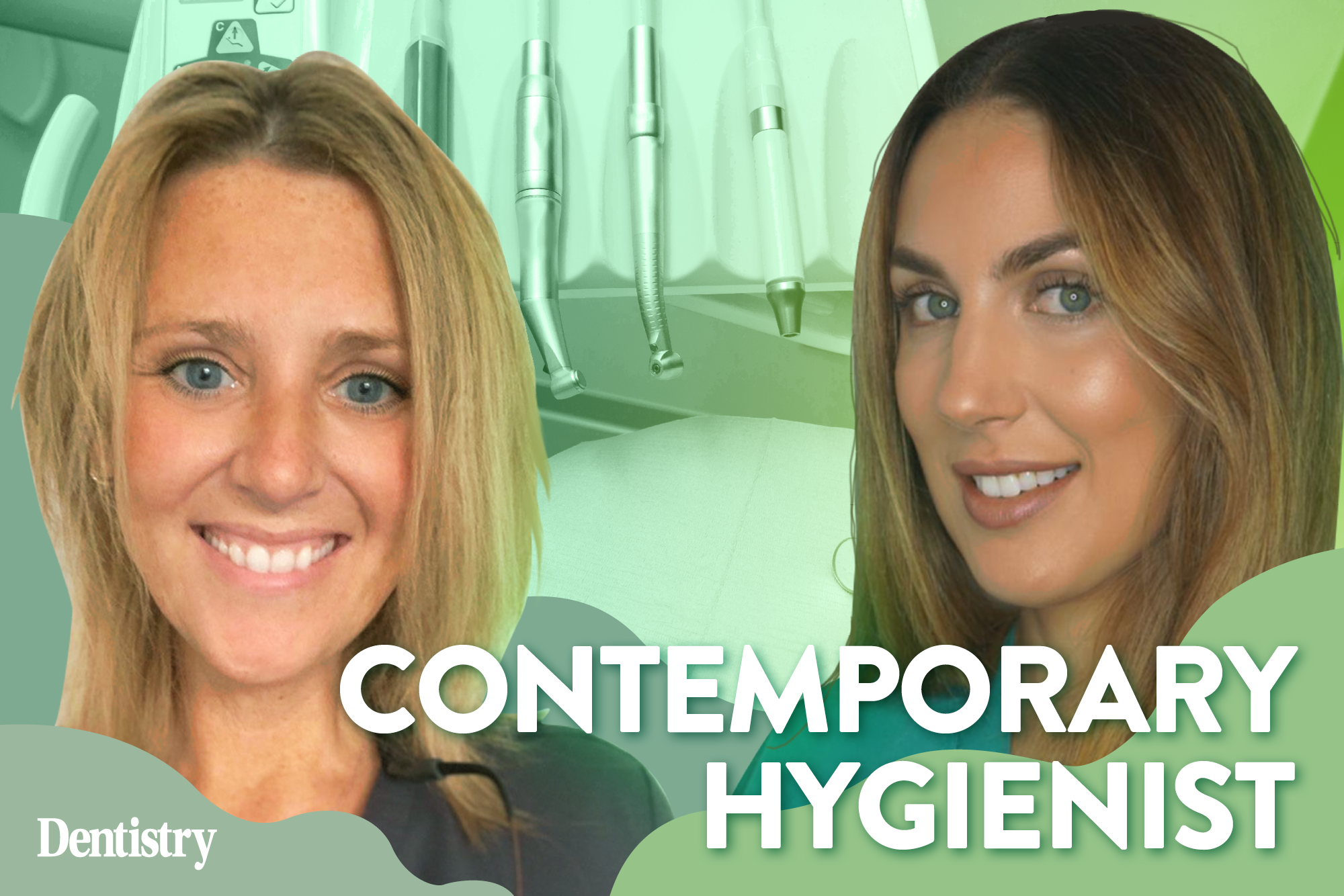 To elevate your status and command respect, the Contemporary Hygienists discuss the importance of switching your mindset from ‘working for someone else’ to being an associate hygienist.
To elevate your status and command respect, the Contemporary Hygienists discuss the importance of switching your mindset from ‘working for someone else’ to being an associate hygienist.
Despite the majority of UK registered dental hygienists being self-employed, many still adopt a ‘working for someone else’ mindset.
As such, they are treated so by practice owners, practice managers and other members of the team.
We just happen to pay our own taxes and National Insurance contributions. But not a lot else sets us aside from those who choose to maintain an employed status.
Agreements such as set working hours, fixed pay, restricted holidays and often a fixed patient base remain the same.
This contributes to the blurring of lines for both practices and hygienists alike.
By comparison, the majority of non-practice owning dentists working in general practice who also work on a self-employed basis are described as associates rather than self employed.
In addition, they are treated as contractors.
The relationship between associate and practice owner centres on the associate making regular payments to the practice owner. This is in return for the use of the practice premises, equipment, materials and staff.
As well as this, it is usually in the form of a percentage of the gross fee generated.
In return, providing they meet the standards set out by the practice, the associate is granted clinical autonomy to grow their list as they see fit.
Our role has dramatically changed
We were never truly seen as independent contractors. This is because of historical legislation preventing hygienists from working independently, and therefore needing to work to a dentist’s prescription.
We were always ‘someone’s’ hygienist, working ‘for’ someone else.
That was until the introduction of direct access. This finally recognised hygienists as a profession in our own right.
Since then we have fought hard to change industry perceptions and remove the imprint that the original branding iron left on us.
Our role within the dental team has changed dramatically in the last decade. We are no longer simply a vehicle to carry out duties ‘for’ the dentist and at their discretion.
Now we also have the capacity to build our own lists, to diagnose, to treatment plan, to offer a full scope of prevention focused therapies and ultimately to be paid for the services we provide.
Educating our colleagues
But does everyone in the team understand that? And how can we help?
By switching the language we use to describe our role from ‘self-employed hygienist’ to ‘associate hygienist’, we almost instantaneously switch the mindset.
The very word ‘associate’ is better understood.
It also carries so much more autonomy and credibility within the dental team hierarchy. Therefore, this commands a different respect.
Working under the title ‘associate hygienist’ brings an understanding that one will be treated with the same esteem as any other autonomous associate clinician.
It is more widely accepted that, as an associate, you are more in control of your diary. In addition, you have a greater say in treatment planning and are expected to charge accordingly.
There is far more acceptance that dictating a treatment plan isn’t the appropriate pathway when referring a patient to an associate.
A more acceptable approach would be to refer, ask for the opinion of the associate colleague and expect that they will treatment plan based on their clinical findings and expert opinion.
The patient will, of course, have the option to accept or decline the recommended course of treatment as they would with any suggested plan laid out for other dental treatment.
Recognise your potential
Those who have realised the potential of this change in mindset are reaping the benefits daily.
As contemporary hygienists, we have pushed for this shift in the practices where we work. We have not been disappointed by the reaction.
As unlikely as it may seem, being an associate hygienist has commanded a different status within the team than being a self-employed hygienist. This has somehow elevated our status in line with the other associates.
They say change a mindset to change a situation.
Start with making sure everyone in the practice knows you as, refers to you as, thinks of you as and respects you as an associate hygienist or therapist.
Read previous Contemporary Hygienist columns
- Referring to a periodontal specialist
- Navigating pressure in an isolated job
- Establishing the hygiene department as a practice cornerstone.
Follow Dentistry.co.uk on Instagram to keep up with all the latest dental news and trends.


